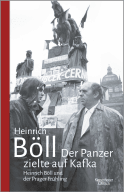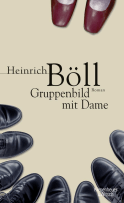
Opposition is a Civil Liberty...
Nobel Prize for Literature 1972
Heinrich Böll made no clear distinction between prose and essays: he considered his articles and talks on literature, politics and contemporary history to be part of his literary oeuvre. For the first time a selection of relevant works with commentaries is now being published.
From “Bekenntnis zur Trümmerliteratur” and “Gibt es die deutsche Story?”, “Ich gehöre keiner Gruppe an” and the “Frankfurter Vorlesungen” to „Einmischung erwünscht" Heinrich Böll commented on whatever subject preoccupied him at the time, often saying things others didn’t dare say in public. His articles had an immediate impact, stimulating or even sparking debate
Jochen Schubert – in collaboration with the author´s son René Böll – selected the most important texts from 734 essays, articles, lectures, commentaries and reviews, annotated them and wrote an afterword which provides an insight into the fundamental significance of essayistic writing for Heinrich Böll and explores the most important topics, events and theories. A register of persons and subjects allows readers to access all relevant texts. Indispensable for all Böll fans, teachers and students!
- Publisher: Kiepenheuer&Witsch
- Release: 24.11.2011
- ISBN: 978-3-462-04371-6
- 992 Pages
- Author: Heinrich Böll
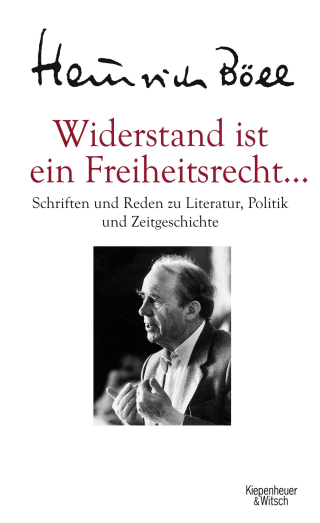
Further Titles

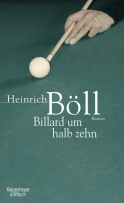
Billiards at Half-Past Nine
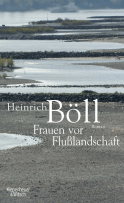
Women In a River Landscape
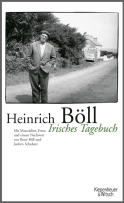
Irish Journal
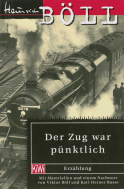
The Train Was On Time
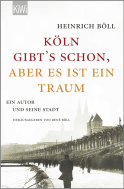
Cologne Exists, But It’s a Dream
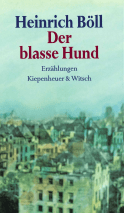
The Mad Dog
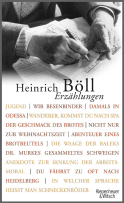
Stories
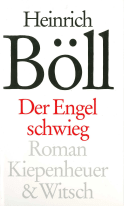
The Silent Angel
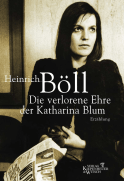
The Lost Honour Of Katharina Blum
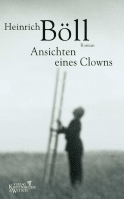
The Clown
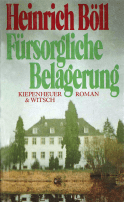
The Safety Net
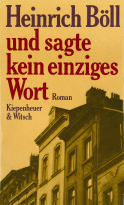
And Never Said A Word
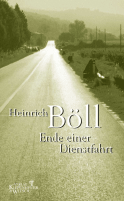
End of a Mission
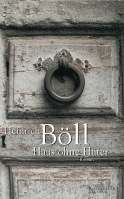
The Unguarded House
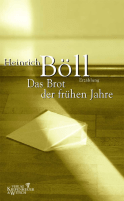
The Bread Of Those Early Years
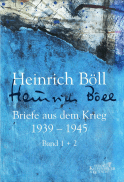
Letters From the War 1939-1945
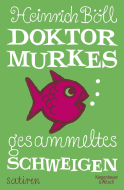
Murke's Collected Silences
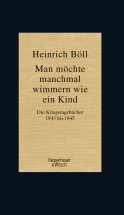
Sometimes You Want To Whimper Like ...
